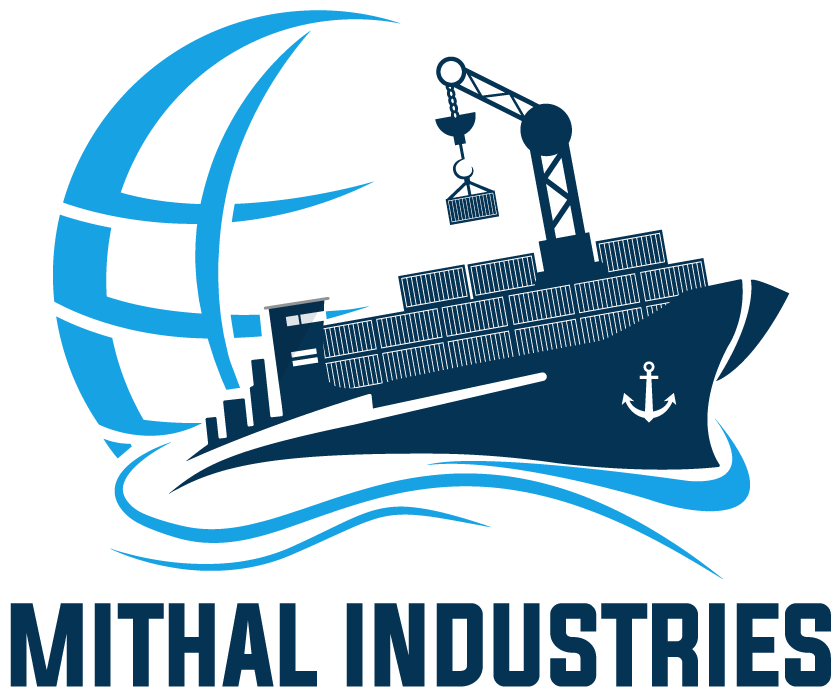
Ferrous & Non-Ferrous Metals
Ferrous and non-ferrous metals are of utmost importance to traders, recyclers, smelters, and indenters. These metals have gained importance because of certain characteristics like hardness, recycling potential, inertness, etc.
Almost everything around us is made up of either of the two. Thus, it is of utmost importance to know the differences between the two.
Ferrous metals
In simple terms, any type of metal which contains iron or ferrous falls under the category of ferrous metal. These metals have a high carbon content, which can lead to rust sometimes. Stainless steel and wrought iron are the only ferrous metals that resist rust over long durations of time. Ferrous metals also have magnetic properties which make them useful for various purposes like motors, electrical parts, etc.
Iron and steel fall under this category. To start with, iron is of two types- cast and wrought iron. Cast iron is hard and highly durable. Wrought iron is quite close to pure iron but lacks hardness. Cast iron is used for making pipes, machines, and engines which all rely heavily on metal. Wrought iron is malleable and utilized for making fencing, nails, chains, etc.
Steel on the other hand is made up of iron and some traces of carbon. It is the most versatile metal and is usable in many forms. It can be used to make utensils, sinks, electrical appliances, automobiles, etc. this metal is extremely sharp, and its hardness provides amazing durability making it one of its kind.
Facts About Ferrous Scrap
- EPA (Environment Protection Agency) approximated 67.1% ferrous scrap through recycling from durable goods.
- Recycling rates of ferrous scrap through steel cans are 71.3%.
- The amount of reduction in carbon dioxide because of usage of scrap material is 58% which is way better than the usage of virgin metals.
Nonferrous metalsMetals that do not contain iron are termed nonferrous metals. Non-ferrous metals are often harder and are malleable and long-lasting when compared to ferrous metals.
- Aluminum is lightweight and frequently used in manufacturing aircraft, food cans and also used for building cars, railways, and kitchen utensils.
- Copper is mainly used by the electrical industry for wiring and other conductors, as well as for sheet roofing, statutes, bearings and to make brass.
- Zinc, which can be machined easily, is widely used in galvanizing, which is the process of applying a protective zinc coating to iron or steel to prevent rust.
- Tin is often used to coat steel to prevent corrosion, and tinplate steel is used to make tin cans for food.
Mithal Industries deal ferrous scrap (HMS1, HMS1/2, PNS, Cast Iron, Shredded 211, LMS, Bundles, Autoparts, Turning, Stainless Steel, Zurik, CRC, Tincan Bundles) and Non-Ferrous scrap (Aluminum Tense, Taint Tabor, 6063, Section, Tense TT Section Mix, Zorba, Irony Aluminium, Twitch, UBC, Bottle Caps, Lead Battery Rains, Rails, etc). We deal with prominent smelters, recyclers, factories, Traders, etc.
